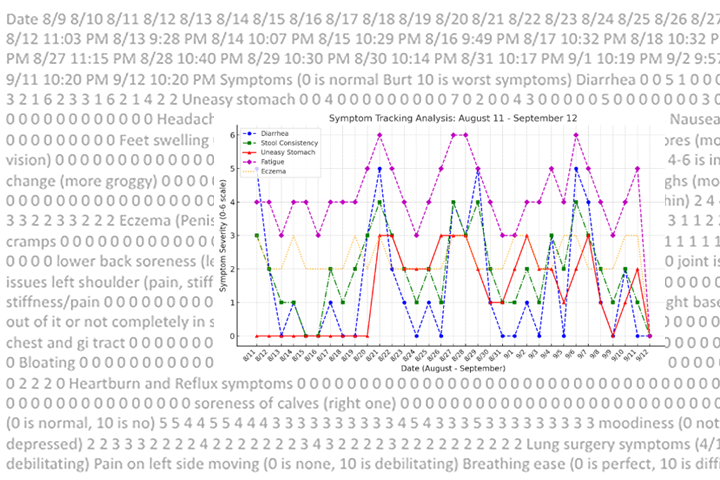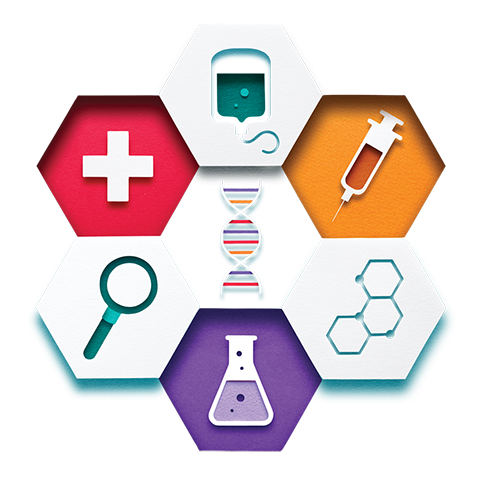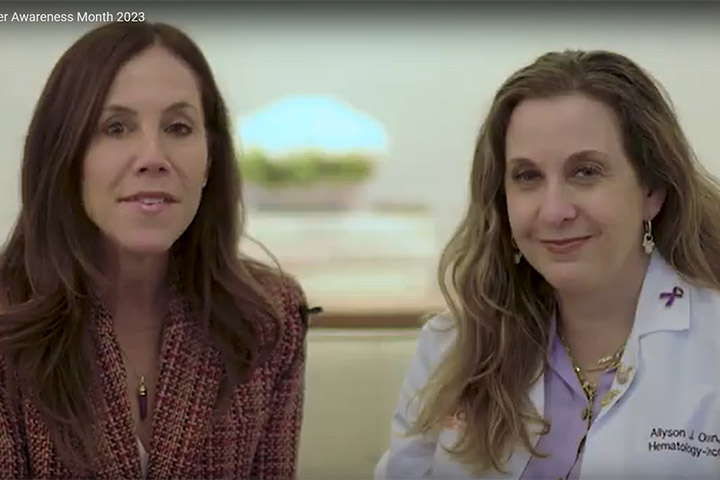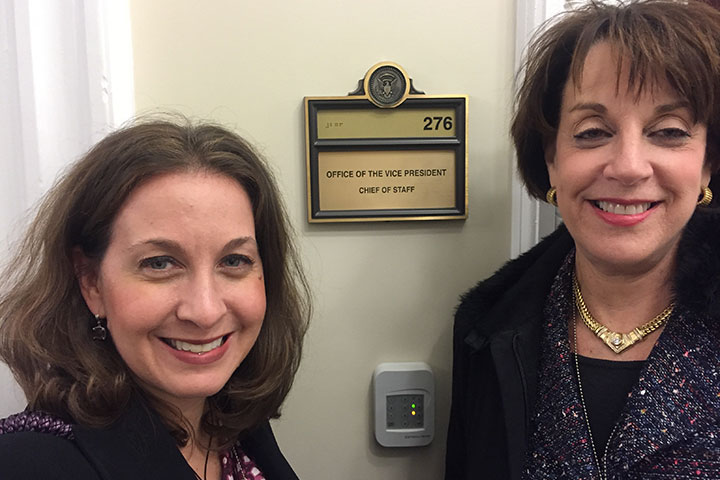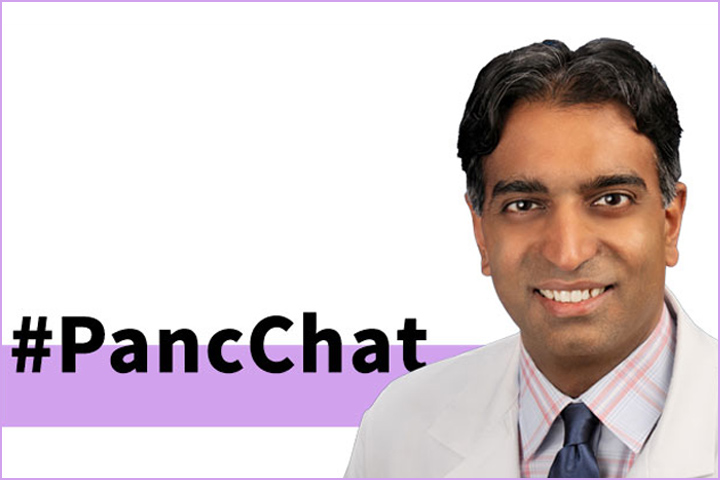When Certain Chemotherapy Drugs Are in Short Supply
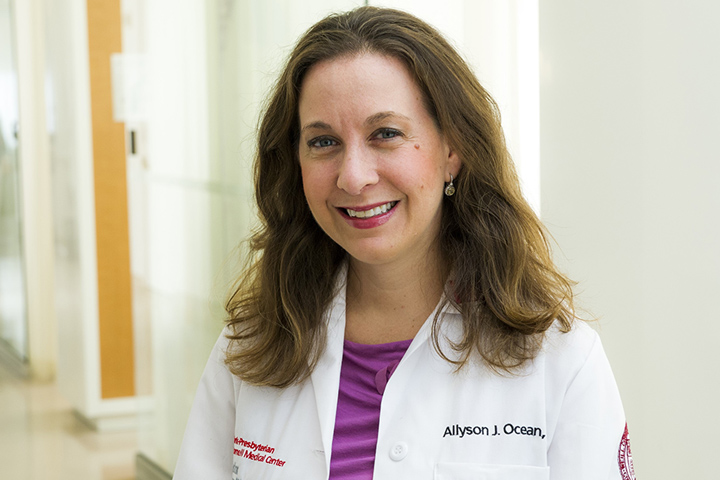
On Friday, June 9th I received an email no doctor ever wants to read.
Two drugs that I use to treat about 25 percent of my patients are out of stock. And we don’t know when we will be able to replenish our supply. The drugs in question are cisplatin and carboplatin, two generic medications that treat a wide range of cancers. To say that I was literally, not figuratively, “sick to my stomach” is not hyperbole.
I’m a gastrointestinal oncologist at NewYork-Presbyterian/Weill Cornell Medical Center, among the nation’s leading cancer care and research centers. We are not alone. This drug shortage is affecting practically every cancer center in the United States to some degree. During the month of May, the National Comprehensive Cancer Network (NCCN) queried 27 of its member institutions regarding this shortage. On June 7th, the NCCN released the results.
The survey showed 93 percent of these institutions are experiencing a shortage of carboplatin and 70 percent a shortage of cisplatin. These drugs help extend the lives of our patients. Cisplatin and carboplatin have been approved for decades and have a remarkable track record. As one of my colleagues pointed out at a recent American Society of Clinical Oncology meeting, we are the only country in the world where access to a third-generation ALK inhibitor, a drug that blocks activity of a protein called anaplastic lymphoma kinase to help control cell growth, is easier than access to a platinum-based drug. I said it on Twitter and I’ll say it here: This is messed up!
I heard about the cisplatin shortages for a while but there was no indication that my hospital was affected. When I got the email, I immediately thought of all of my patients who are on cisplatin. I dreaded telling them they can’t receive the drug now because we don’t have any.
Which Cancers Do These Drugs Treat?
Among my patients, cisplatin is used for stomach, gallbladder, cholangiocarcinoma, and pancreatic cancers, and cancer of unknown primary origin. But it’s also used in lung, head and neck, bladder, testicular, and gynecologic malignancies. We only have enough carboplatin for a few people so that will be used up this week. What I’ll do is switch people over to oxaliplatin, another platinum-based drug,
I know that sounds easy, but it’s actually a drawn-out process that can sometimes take weeks because of a draconian approval process, including peer-to-peer phone calls with an insurance company. On that call I have to make a case as to why we are using a specific drug. And then we wait and hope that drug gets approved. Oxaliplatin is harder to get approved.
How We Pick Chemotherapy Drugs
As an oncologist, my training dictates that I choose the best chemotherapy regimen for patients based on several factors. Number one is the patient’s disease, of course, and how well that drug works on that disease. Also factored in is a patient’s overall health and age because each of those variables affects how well a person can tolerate a specific regimen of chemotherapy.
Let’s be honest: A cancer diagnosis is frightening and treatment can be rough. As physicians, we talk about tolerable side effects from chemotherapy. Nausea, hair loss, fatigue, and gastrointestinal disturbances are considered tolerable and are often the price people pay to live longer or even potentially be cured.
Whether those side effects are actually tolerable is very personal. Truth be told, chemotherapy is never a picnic. But it is one of the strongest weapons we have as we try to control cancer’s spread. Imagine being a patient who is told that we are switching regimens only because we ran out of a drug that I chose as the best option for you. Like I said, that’s messed up.
Cisplatin was first reported to be in short supply by the FDA back in February. Then carboplatin was reported in short supply at the end of April. Today’s shortage is the result of a perfect storm of problems. One of the biggest reasons is the temporary shutdown of manufacturing for the U.S. market by a plant in India, due to quality concerns.
The FDA is now allowing a Chinese drug maker to import cisplatin to boost the supply. I think we need to add supply chain issues to the list of drug shortage problems. Although we’ve come through the pandemic, supply chain issues are still evident. Also, because cisplatin and carboplatin are generic medications, there probably isn’t a lot of financial incentive to produce either drug. The good news: The FDA says the shortage of both of these drugs will last through June. That’s better than July or August, but I guess we’ll see. And by the way, carboplatin and cisplatin are not the only cancer drugs in short supply. There are a host of others.
I am not overstating the seriousness of this issue. But I want patients to be assured their doctors are going to do the very best they can for them. In most cases, I do believe that drug substitutions may be as effective as a previous drug regimen. But that may not always be the case. There also could be issues with more severe side effects. And if there are different dosing schedules, imagine how difficult that can be on a patient.
During the pandemic we had to hold, change, or adjust regimens to limit people from coming into the office. We didn’t want people to die of Covid, but data is emerging their cancer care was adversely affected. I hope and I pray that’s not the case with these shortages.
Allyson Ocean, M.D. is an Associate Professor of Clinical Medicine at Weill Cornell Medicine. She also serves as a medical oncologist and attending physician in gastrointestinal oncology at NewYork-Presbyterian Hospital/Weill Cornell Medical Center, as well as a medical oncologist at The Jay Monahan Center for Gastrointestinal Health. She is a co-founder and Scientific Advisory Board Chair of Let’s Win Pancreatic Cancer.


